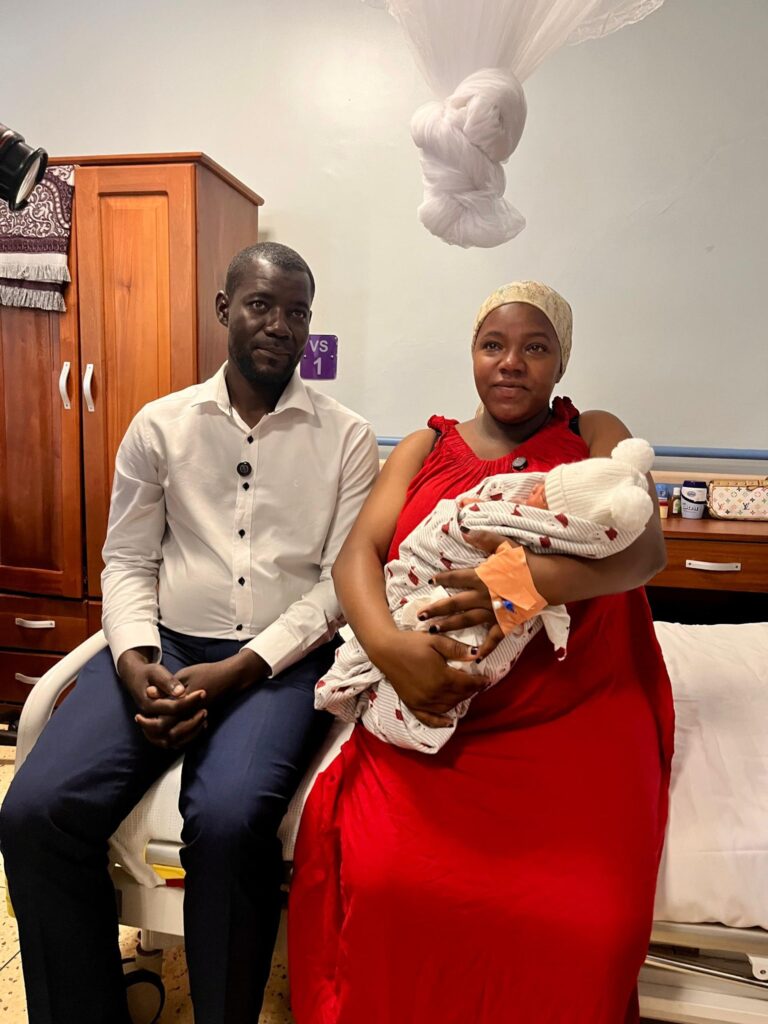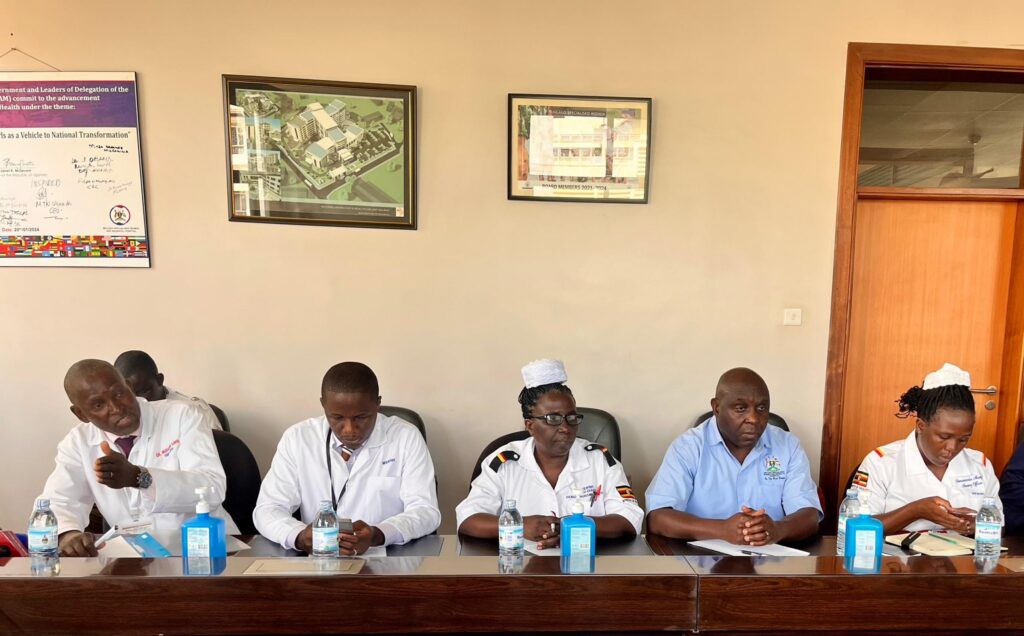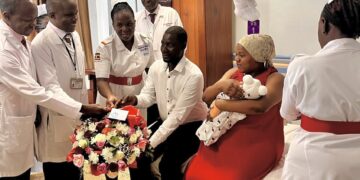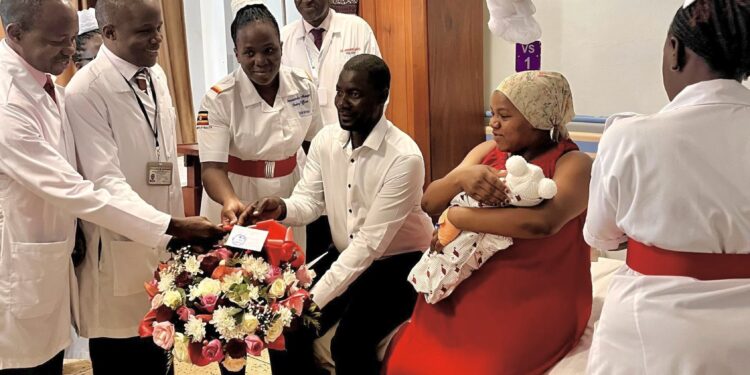Mulago Specialised Women and Neonatal Hospital has successfully delivered its second baby conceived through In Vitro Fertilization (IVF) — a healthy baby girl weighing 3.6 kilograms.
The proud parents, Salim Malinga and Sayeed Rukusana, were congratulated by medical leaders and well-wishers as they welcomed their daughter into the world, marking another major step forward in Uganda’s journey toward affordable and inclusive fertility care.
“A milestone worth celebrating as we continue expanding access to advanced specialized services in the country,” tweeted Dr. Diana Atwine, Permanent Secretary at the Ministry of Health.
A Public IVF Programme Gaining Momentum

The hospital officially launched its IVF programme in August 2024, becoming the first public facility in Uganda to offer the previously costly and inaccessible treatment.
Since its inception, 11 pregnancies have been confirmed, including the first successful IVF birth on May 31, 2025, when another healthy baby girl, weighing 3.4kg, was delivered.
“The future of reproductive medicine is here—and it is bright, inclusive, and transformative for all Ugandans,” said Dr. Jane Ruth Aceng, Minister of Health.
The service is part of a broader effort by the Ministry of Health to democratize access to advanced reproductive technologies that were once the preserve of private clinics and the elite.

About IVF in Uganda
In Vitro Fertilization (IVF) is a medical procedure where an egg is fertilized by sperm in a laboratory, and the resulting embryo is then implanted in the uterus to achieve pregnancy. It is commonly used to help couples facing infertility.
While IVF treatments have been available in Uganda for some years, the launch of a public option at Mulago has made the service significantly more affordable and accessible, offering new hope to couples previously priced out of such interventions.
The hospital credited its multidisciplinary team of fertility experts, obstetricians, nurses, and embryologists for the breakthrough success. The growing IVF unit is also supported by policy leadership and public investment aimed at strengthening maternal and neonatal health services.











